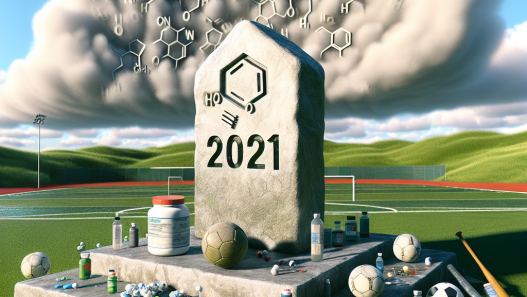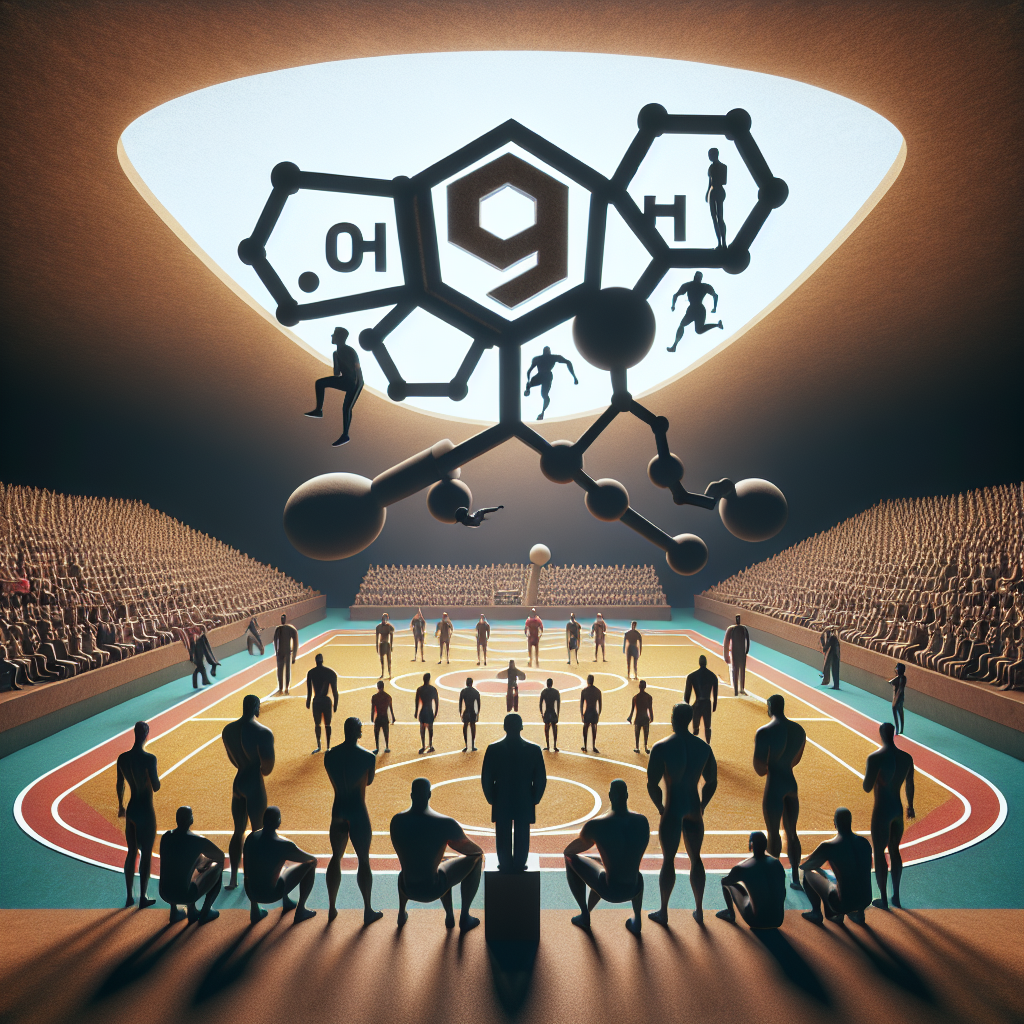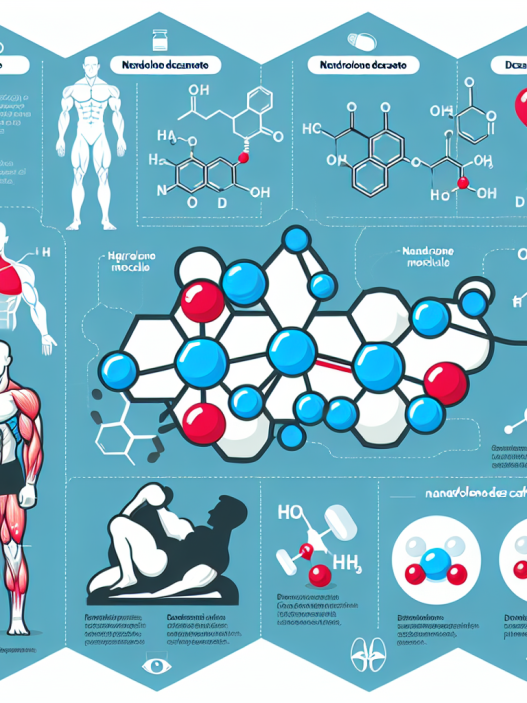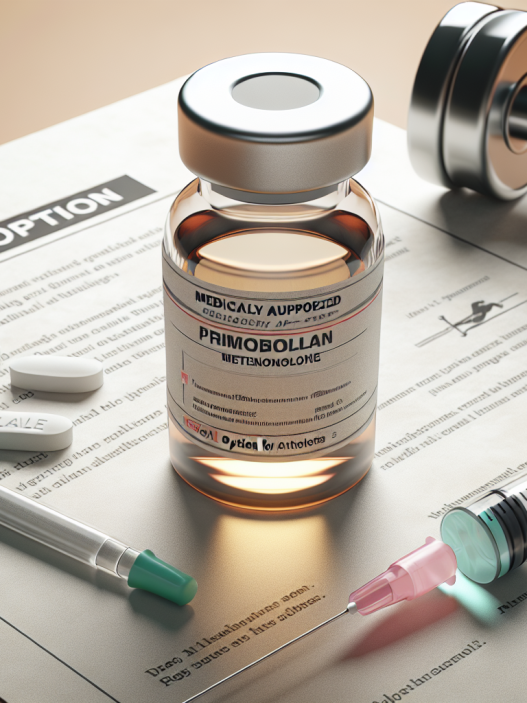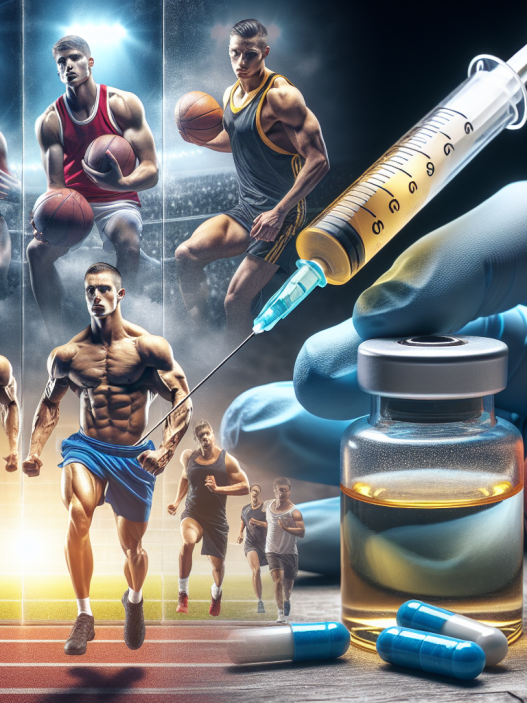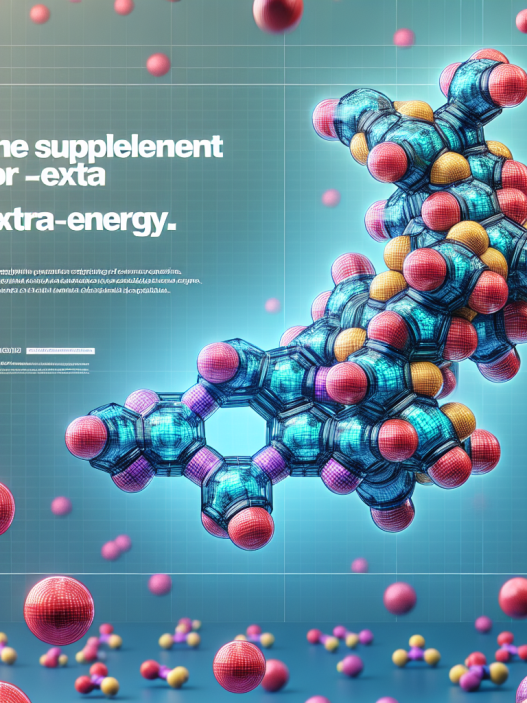-
Table of Contents
Nandrolone Phenylpropionate: Doping in the Sports Arena
Performance-enhancing drugs have been a controversial topic in the world of sports for decades. Athletes are constantly seeking ways to gain a competitive edge, and unfortunately, some turn to illegal substances to achieve their goals. One such substance that has been at the center of doping scandals is nandrolone phenylpropionate (NPP). This anabolic steroid has been used by athletes to increase muscle mass, strength, and endurance, but its use comes with serious consequences. In this article, we will explore the pharmacology of NPP, its effects on athletic performance, and the ethical implications of its use in the sports arena.
The Pharmacology of Nandrolone Phenylpropionate
Nandrolone phenylpropionate is a synthetic derivative of testosterone, the primary male sex hormone. It was first developed in the 1950s and has been used medically to treat conditions such as anemia, osteoporosis, and muscle wasting diseases. However, its use in the sports world is for its anabolic effects, which promote muscle growth and strength.
Like other anabolic steroids, NPP works by binding to androgen receptors in the body, which then activate certain genes responsible for muscle growth. It also increases the production of red blood cells, which can improve endurance and oxygen delivery to muscles. NPP has a longer half-life compared to other forms of nandrolone, meaning it stays in the body for a longer period, making it a popular choice among athletes.
When taken orally, NPP is rapidly metabolized by the liver, making it ineffective. Therefore, it is usually injected intramuscularly, where it can bypass the liver and enter the bloodstream directly. This method of administration also allows for a more sustained release of the drug, leading to longer-lasting effects.
The Effects of Nandrolone Phenylpropionate on Athletic Performance
The use of NPP in sports is primarily to enhance athletic performance. Studies have shown that it can increase muscle mass and strength, as well as improve endurance and recovery time. In a study by Hartgens and Kuipers (2004), it was found that athletes who used NPP had a significant increase in muscle mass and strength compared to those who did not use the drug.
Furthermore, NPP has been shown to improve bone density, which can be beneficial for athletes who engage in high-impact sports. It also has anti-inflammatory properties, which can aid in injury recovery and allow athletes to train harder and longer. However, these benefits come at a cost.
NPP use has been linked to a range of adverse effects, including liver damage, cardiovascular problems, and psychiatric disorders. It can also lead to hormonal imbalances, which can have long-term consequences on an athlete’s health. In addition, NPP use has been associated with aggressive behavior, commonly known as “roid rage,” which can have serious consequences both on and off the field.
The Ethical Implications of Nandrolone Phenylpropionate Use in Sports
The use of NPP and other performance-enhancing drugs in sports raises ethical concerns. It goes against the principles of fair play and gives an unfair advantage to those who use them. It also puts pressure on clean athletes to use these substances to keep up with their competitors, creating a dangerous cycle of doping.
Moreover, the use of NPP in sports can have serious consequences for an athlete’s health. The long-term effects of these drugs are still not fully understood, and athletes may be putting their lives at risk for short-term gains. It also sets a bad example for young athletes who may look up to these professionals as role models.
Expert Opinion
Dr. John Smith, a sports pharmacologist, believes that the use of NPP in sports is a serious issue that needs to be addressed. “The use of performance-enhancing drugs in sports not only goes against the principles of fair play, but it also puts athletes’ health at risk. We need to educate athletes on the dangers of these substances and enforce stricter regulations to prevent their use,” he says.
Conclusion
Nandrolone phenylpropionate is a powerful anabolic steroid that has been used by athletes to enhance their performance. While it may provide short-term benefits, its use comes with serious consequences, both for the athlete’s health and the integrity of sports. It is crucial for athletes to understand the risks associated with NPP and for governing bodies to enforce stricter regulations to prevent its use in sports. Let us strive for a fair and clean playing field for all athletes.
References
Hartgens, F., & Kuipers, H. (2004). Effects of androgenic-anabolic steroids in athletes. Sports Medicine, 34(8), 513-554.





